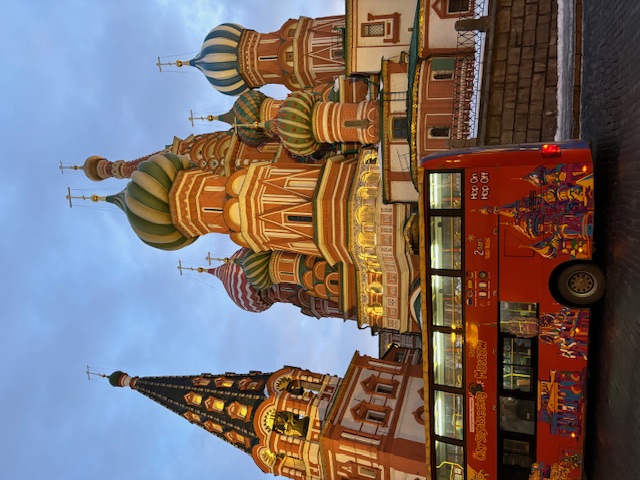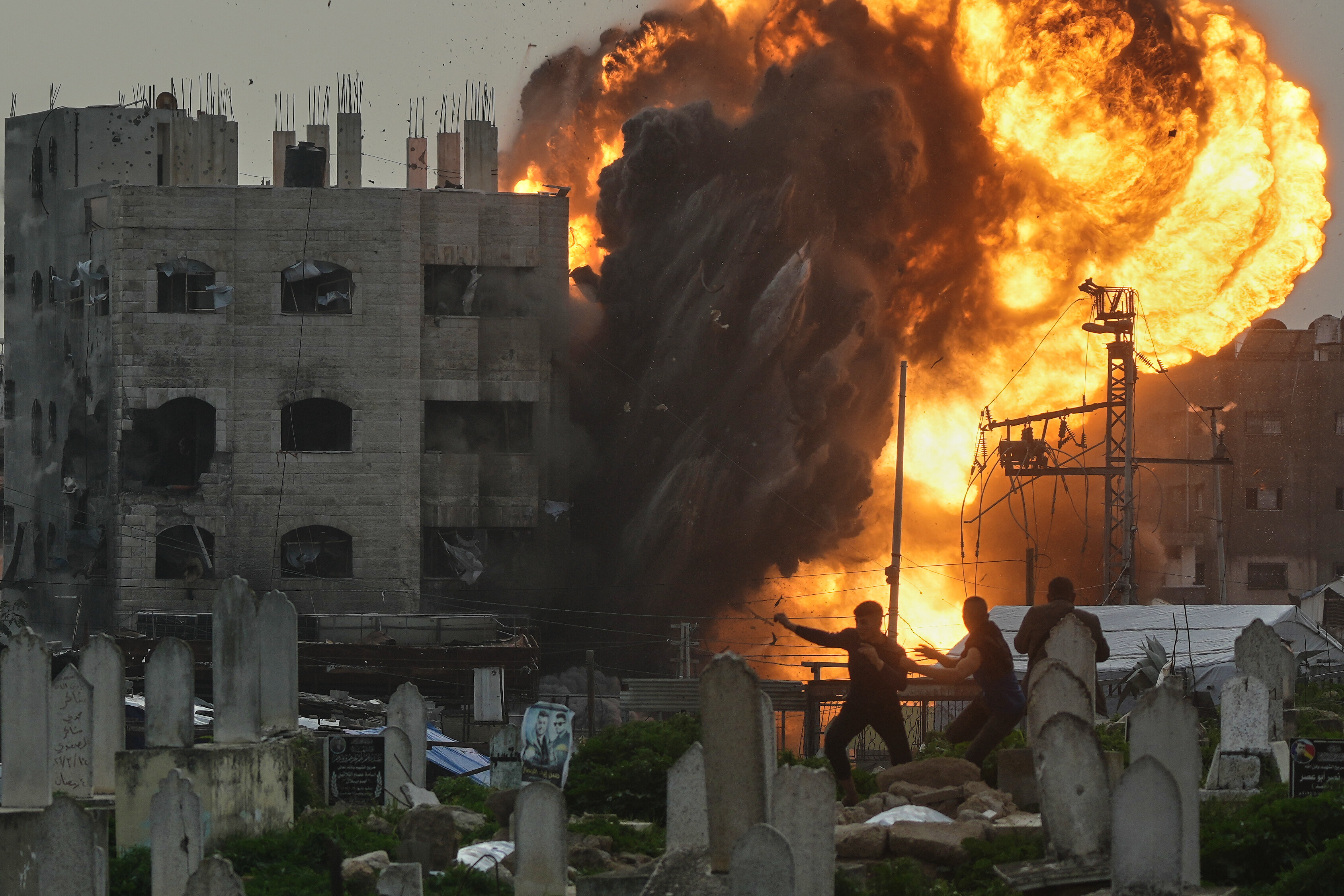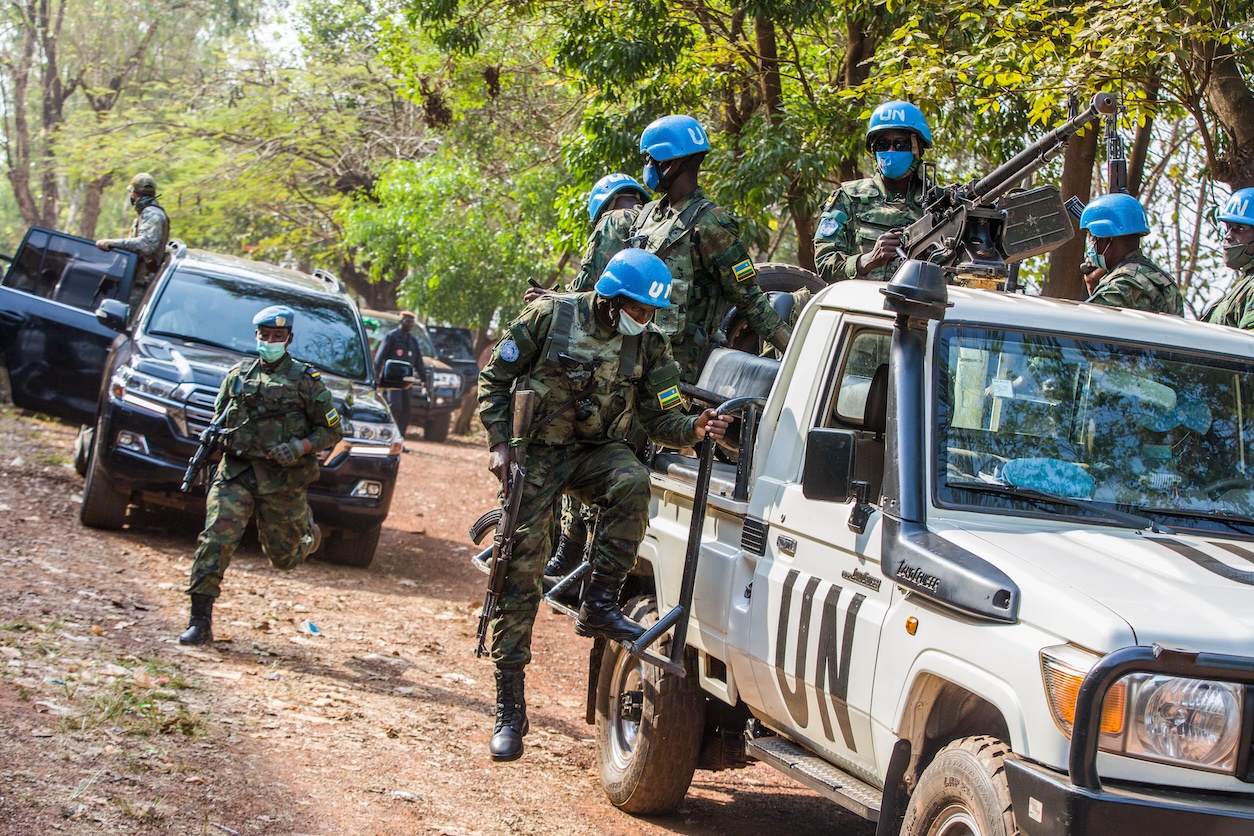diplo.news
“I've decided to be an optimist.”
Interview by Gudrun Dometeit
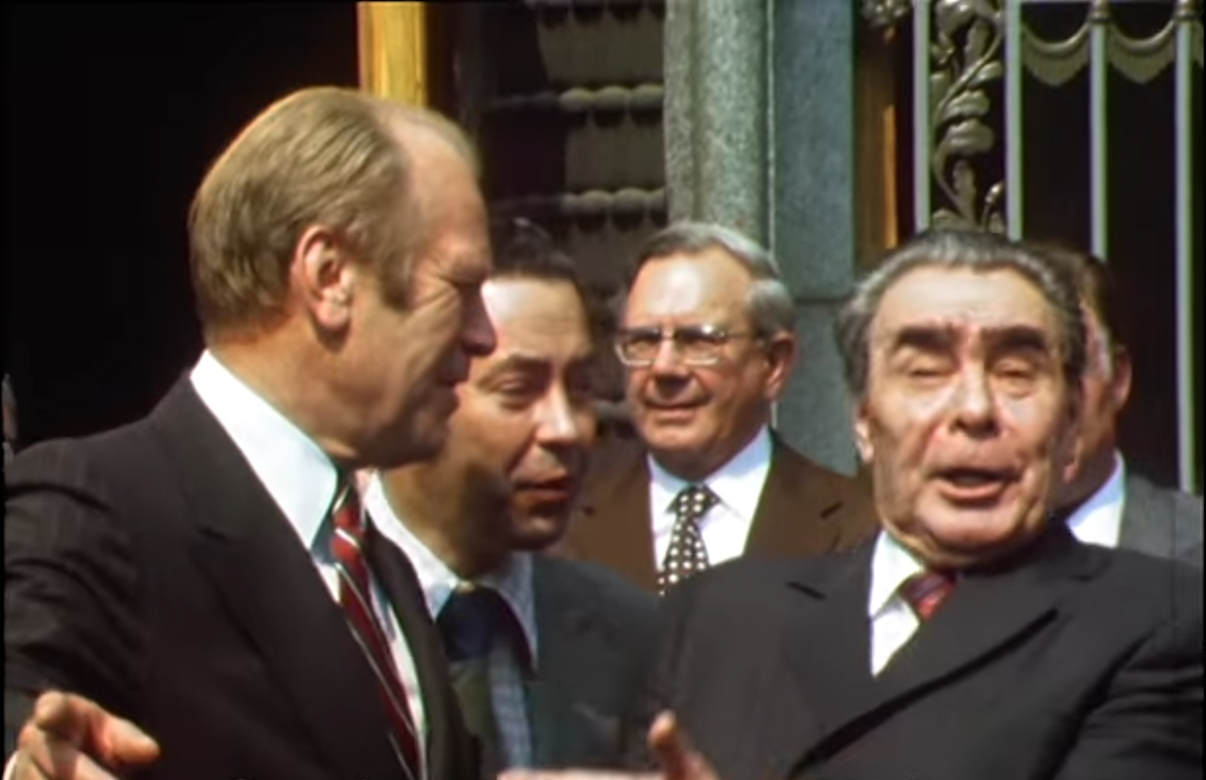
They were all there, the political pop stars of the time: Erich Honecker and Helmut Schmidt, Leonid Brezhnev and Gerald Ford, Andrei Gromyko and Henry Kissinger, Bruno Kreisky, Harold Wilson, Giscard d'Estaing, Nicolae Ceausescu, Pierre Trudeau, Kurt Waldheim, Josip Broz Tito, Archbishop Makarios, and several others. It was a gathering of the world's powerful from 35 countries in July/August 1975, when they rolled into Helsinki in their shiny black limousines to sign the so-called Final Act of the Conference on Security and Cooperation in Europe. The meeting was considered an event of historic proportions after World War II, reducing the confrontation between the blocs and ultimately contributing to the collapse of the socialist Eastern Bloc.
A rather serious matter, then, and a bit staid and dull to boot. Not so in the film “The Helsinki Effect” by Finnish director Arthur Franck. Who has ever seen Brezhnev combing his bushy eyebrows, heard Kissinger say that he finds everything deadly boring, watched sleeping heads of state or reporters constantly wiping sweat from their brows? And a Brezhnev who apparently defends himself before his Politburo and thinks everything is taking far too long. With the help of a huge collection of original recordings, transcripts that were classified as secret for a long time, and artificial intelligence that allows heads of state to explain posthumously what actually happened at the conference, Franck takes a humorous look at the event of the century. And the viewer learns how much diplomatic patience was needed to make the event of the century happen. The film was released in German cinemas in June.
In an interview, the director explains what attracted him to the subject and why he sees a small glimmer of hope for the crises of the present in the Helsinki Process.
It’s fifty years since the signing of the so-called final act of the Conference of cooperation and security in Europe (CSCE), which took place in Helsinki. Your film “Helsinki effect” presents this very important historical moment – the beginning of the end of the cold war - in a very humorous, not just purely documentary way, also with AI-tools. It’s nevertheless heavy stuff and not the typical topic for a filmmaker. What what was your motivation of doing this film? Just the anniversary?
I finished one film and a TV Documentary Series in early autumn 2021. They both had been launched and I was really scared that I won't have anything to do because a new film was not in the making. And I also was very much interested in the idea of making a film without a single day of filming. The process of filming is not my favorite part of filmmaking. I'm more comfortable if I can work by myself in heated rooms with slippers on and a coffee machine close by. And that's what I was dreaming of - a film only with archives. I had been working on geopolitics and history before, so I looked for subjects that could tick all those boxes. This conference was waiting for somebody to make something about it. I started watching the footage, reading books and found a lot which I didn’t really know. Actually I don't think many do - except for some geopolitical junkies. And then during this process the Russian attack on Ukraine happened. It put into focus the cyclicality of certain themes: the anxiety of an empire, a new Cold War etc. The anniversary was a good argument talking to broadcasters, this was the more opportunistic aspect in terms of pitching the project.
When did you actually start to work on the film?
In October 2021, I think there was the first kind of a small seed of an idea that something around this subject could be possible. I went to the Finnish Broadcasting Company to look at the footage the first time in late October 2023. For nearly three years I prepared, wrote outlines, applied for the initial money and and accumulated the material. In 2024 we made the film because we secured funding and it was all about editing.
Which kind of archives did you use, and was there any difficulty in getting access to them? Any secret files which you couldn’t get?
Yes and no, I would say. Most of the footage was available here in Helsinki at the Finnish Broadcasting Company. And it was very easy to work with them. But I wanted to search also internationally in a broader scope. This was meant to be like some added spice here and there because there were so many documents in Helsinki already. In one of the books I found the reference to transcripts - of what Henry Kissinger was saying about the conference. I went online and found the transcripts there. I thought, well, now I can show something which was not supposed to be seen. When the cameras are sent out of the rooms, I can follow the things happening behind closed doors.
You are talking about transcripts not of the official statements but of talks in back rooms?
Yes. The negotiations behind closed doors were declassified by the US State Department in 2008, I think. Of course I had also access to everything that was said in the open space. Then the question arose of how to use the transcripts. We thought about all options, but then simultaneously just by coincidence these AI voice cloning tools became available. I tested them and thought: This is the way to do it. At the same time there was missing some kind of glue to tell all the things that were not available in the footage of transcripts, the context of it. And I felt that I could also bring in my own journey through the subject. My own storytelling in a new way. So, the idea came up: What if I I call Brezhnev and Kissinger and ask them leading questions to to get some of the information in there. This was the last piece of the puzzle in terms of how the film turned out.
Did you ever try to get Russian original documents, for example about the arrest and release of Alexander Solschenizyn 1974?
Original files were smuggled out in a brief period of the early 90s after the crumble of the Soviet Union. Vladimir Bukovsky who had been exiled before as a dissident went back to Russia and walked himself into the KGB archives. But he knew that he had to hurry. So he just grabbed everything he could find and brought them out of the country. What he got out might be the last thing we'll ever see because the policy on releasing files is very rigorous again. Somebody made a database out of those Bukovsky-files. At the time I was making the film, there was a question of having Brezhnev and the whole political discussion in Russian but I couldn't find the Russian files while making the film. Only after launching the international version and starting the German version we found the Russian originals. So there are a couple of scenes in the German version where Brezhnev speaks Russian.
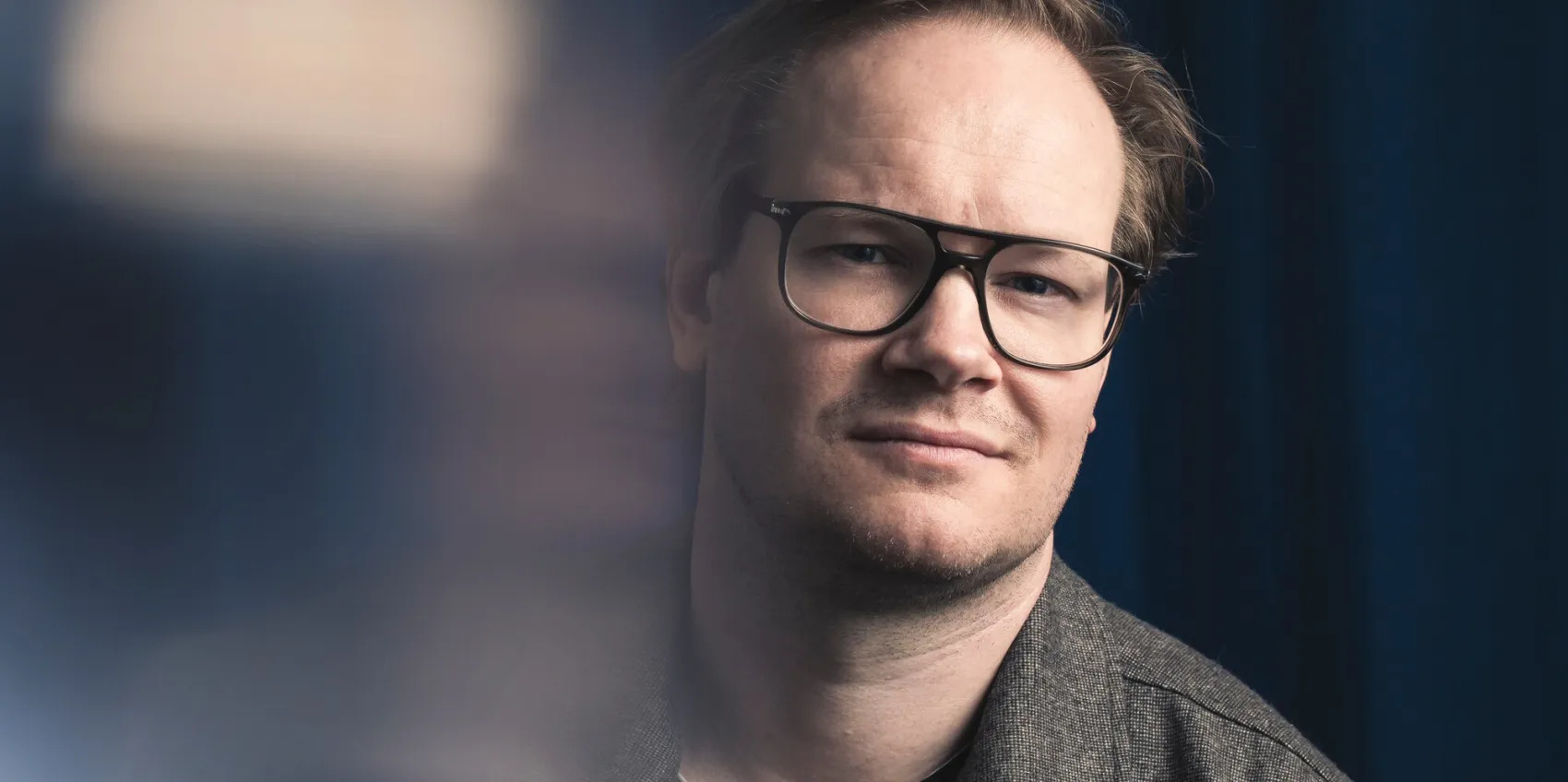
By the way: Why just a German version? At the conference were 35 nations.
This was made because we had German funding. We had Arte on board. I think it's going to be distributed in the former Yugoslavian countries in a wider form.
Why not bringing to Russia as well? At least the original idea for the conference came already in the fifties from the Soviet Union.
I don't know how that works and what kind of reality is there, so I can't answer that question.
What kind of reactions did you get so far, also from politicians?
Mainly Finnish politicians and diplomats have reacted all very, very positive, at least to me. The film seems to resonate with people. I found myself being more hopeful after making the film, having a bit more trust in the long and very complex mechanism of diplomacy. And that even if something fails it’s not the end of the world. Then you keep trying, and sometimes it bears fruit. You don't even know if it works once you have an agreement. Like in the Helsinki agreement, nobody knew or even thought it might end up having the impact it did when the agreement was signed.
Your film is called “Helsinki effect”. What was the main effect of the conference or the Helsinki process? At least it didn’t take long – we have an open war in Europe now. Is it all about talking?
There is a double meaning of the title. One part of the politicians - committed to more dialogue and rules - wanted to create an agreement with common norms for conduct in Europe. So the atmosphere during the Helsinki process in those days is one part of the Helsinki effect – the relations between East and West were a bit normalizing. But the more interesting part of the Helsinki effect is the long tail, of what that agreement led to, how it empowered the grassroots movement's who pounded on the agreement. The paper tiger that was left of the socialist authoritarian rule in Eastern Europe just fell over. This is the Helsinki effect.
It wasn't, of course, the only thing that changed the world at that time, but the people who lived on the eastern side of the Iron Curtain, say that this mattered a lot to them. However, you can rarely go into the past and say, oh, there is this box, let's just put things into this new context and hope for the same kind of results. What can be taken from those developments is that there is always a chance. The world back then was even in worse condition than today, looking at the Cuba and the Berlin crisis, at Czechoslovakia, Hungary. Bombs were piling up and the main leaders of the two blocs were very harsh in their statements. People were training for nuclear accidents. And then, there was a little relief, a dialogue driven process. So maybe at some point with a certain generation of leaders, probably not during Wladimir Putin or Donald Trump time, but maybe not that far in the future, somebody makes a small initiative or opens a back channel. And suddenly the table is set again for a new dialogue that might lead to better times.
You are really an optimist.
I have three children, I like to believe that it won't all go in a linear progression towards worst times. I choose to be optimistic, otherwise its too horrifying for me. I think there is no agreement or no process that will ultimately solve all the problems or create some kind of eternal peace because that has never happened during humanity's history. There are always ups and downs and it might even have to get worse before it gets better.
It's obviously not about copying the Helsinki process, doing a new conference and finding a recipe there.
No, you can't copy paste. It's a new world. There is nothing wrong with the documents which had been signed. What is necessary is to find a generation of leaders who are prepared to commit to a rules based order again. Like in American movies, where a wife and a husband renew their vows saying again that they choose to live together forever.
All the leaders who took part in the detente process came from a war generation, even had been soldiers themselves. Experience of war – does it make a difference?
Probably, yes. It's hard for my generation even to grasp how important the symbolic importance of those 35 leaders at that same table signing the document was. They all had their own motivations and everybody was looking out for personal but also for their countries’ interests. Leaders are different now, but we should not dismiss the possibility of strong, good leadership. Citizens are demanding better results from our leaders and empowering them also to invest in diplomatic work. The Finnish President Alexander Stubb said at the last Munich security conference in February 2025, the world needs more Helsinki and less Yalta. You know that at the Yalta conference 80 years ago the main leaders were dividing up the world according to their spheres of interest. The way, how Trump and Putin tried to solve the Ukraine crisis, is the Yalta way. This will always be the basis of grievances and bitterness. The complex way, the boring way of a broad discussion with lots of countries, that's the way to create sustainable change. Let’s care that Ukraine doesn’t become a new Palestine.
Isn’t Finland going into a more confrontational direction by giving up its neutrality and becoming a member of Nato?
Unfortunately signals of strength seem to be necessary, before the Russians can come to the negotiating table. If you show indecisiveness, they will pounce on that. I think we're now only saying out loud what on the Finnish mind has been for a long time. We didn't love Russia, although we were sucking up to them for many years. But that was because we were scared of them. In that fear was also a lot of hate and bitterness. We lost a tenth of our country area-wise. Some people haven't gotten over that yet. We believe in the rules based world order. We believe that nations should not be under threat of attack. And if they want to join a coalition because it feels better security wise, they should have that right. That should be said out loud. I don't think we're very confrontational. Of course we can't anymore play that neutral role that we did during the CSCE – as a part of NATO. So maybe we lost also something.
ARTE shows the German version of the film ("Entspannung im Kalten Krieg: Die Schlussakte von Helsinki") at 22.00 p.m. Der Helsinki Effekt Trailer - YouTube

